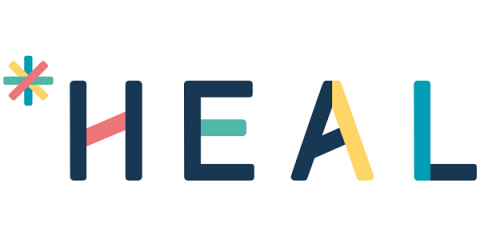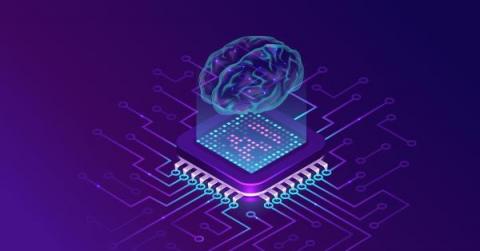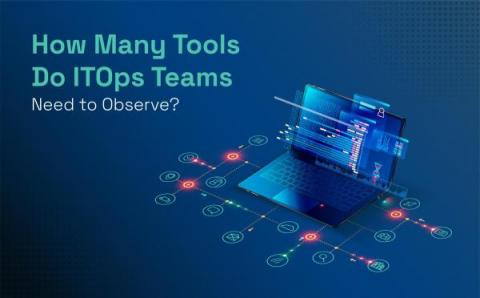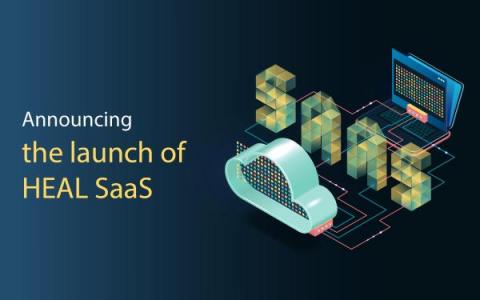Revolution of Generative AI in IT OPS
In recent years, the field of Information Technology Operations (ITOPS) has witnessed a revolutionary transformation with the advent of Generative Artificial Intelligence (AI). This cutting-edge technology has brought about significant changes in how IT operations are managed and has proven to be a game-changer for businesses worldwide. In this blog post, we will explore the revolution of Generative AI in ITOPS, its impact, benefits, and the prospects it holds.





